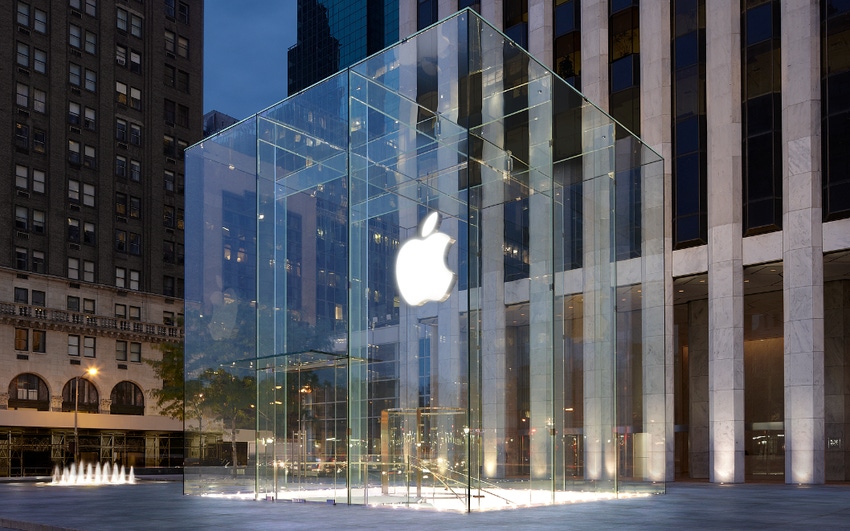Apple moves into semi-original content
Having boasted of a $1 billion investment into the original content space, Apple is sort of backing it up with a deal to remake Steven Spielberg’s Amazing Stories.
October 11, 2017

Having boasted of a $1 billion investment into the original content space, Apple is sort of backing it up with a deal to remake Steven Spielberg’s Amazing Stories.
It’s the first big bit of news we’ve seen from the iBoss after it lured Hollywood heavy-hitters Zack Van Amburg and Jamie Erlicht into the iFamily. The mission statement; make Apple better at content. According to the Wall Street Journal, the initial agreement with Spielberg’s Amblin and Universal Television will be for 10 episodes, but it hasn’t been confirmed whether Spielberg will be directly involved.
Now Apple is known to be a bit combative, its slugfest with Qualcomm is evidence of this, but it seems to have found a couple of new enemies in dictionary authors. As far as we can see, Apple seems to feel commanding such control over its cult-like following of iLifers allows it to have a stab at redefining a common word; original.
Original programming can make fortunes for companies, but it can also lead to a couple of duds. Apple’s attempts at ‘original’ programming has shown this. ‘Planet of the Apps’ is a brilliant example, as Apple essentially copy-catted ‘Dragon’s Den’ or ‘Shark Tank’ with app developers as the focal point. Whether this constitutes as original is dubious, and in your correspondents opinion, it was frankly awful.
But back to Amazing Stories. This was a series which was originally envisioned in the 1980s by Spielberg and despite gaining positive reviews from the critics, it wasn’t able to crack the mainstream market. Budgets were big, famous actors were drafted and Spielberg was already a massive name thanks to movies such as Close Encounters of the Third Kind and ET. But it didn’t work.
So Apple’s stab at original content is redoing an idea from the 80s. Fair enough. But just because it didn’t work then, doesn’t mean it won’t now. Netflix has shown with the Black Mirror series there is an appetite for the more unusual and potentially offensive content.
This is another area where Apple is skirting with the definition of original; it isn’t doing anything particularly risky, its following in the footsteps of Netflix. And to go one step further, Netflix didn’t even take the original risk by debuting the potentially controversial Black Mirror, it was Channel Four.
You shouldn’t be too harsh on Apple. It isn’t a content company, it isn’t used to taking risks in this part of the world, and quite frankly, its been a few years since its done anything revolutionary in any case. The removal of the headphone jack was seen as controversial, but it was hardly a defining moment in the mobile industry.
Another good example is the launch of iPhone X, the ultra-premium smartphone. It has a big OELD screen, a new chip and 3D facial recognition. Hardly earth-shattering upgrades to previous flagships, which is worrying considering this device was supposed to be the decade celebration of the iPhone. And all for the super-convenient cost of $1000.
That said, Apple hasn’t really had to do anything exceptional in the last couple of years, as it has such a loyal following. Collecting new customers will always be an objective, but cultivating this audience of iCultists and expanding their Apple universe will continue to make a load of cash. You can sell them laptops, tablets, watches, music services, insurance and more.
Sweating assets is a common practise in the business world, and if the iFollowers are the biggest asset the company has, it is certainly cranking up the heat. But you have to question how long this tactic will lead to the monstrous profits iExecs are used to. Original content will help its services business grow, but only if it’s any good.
Apple doesn’t need to take risks with its core business, so why should it? The same attitude seems to have leaked into its content ambitions. Is Apple capable of being innovative anymore?
About the Author(s)
You May Also Like











_1.jpg?width=300&auto=webp&quality=80&disable=upscale)


.png?width=800&auto=webp&quality=80&disable=upscale)